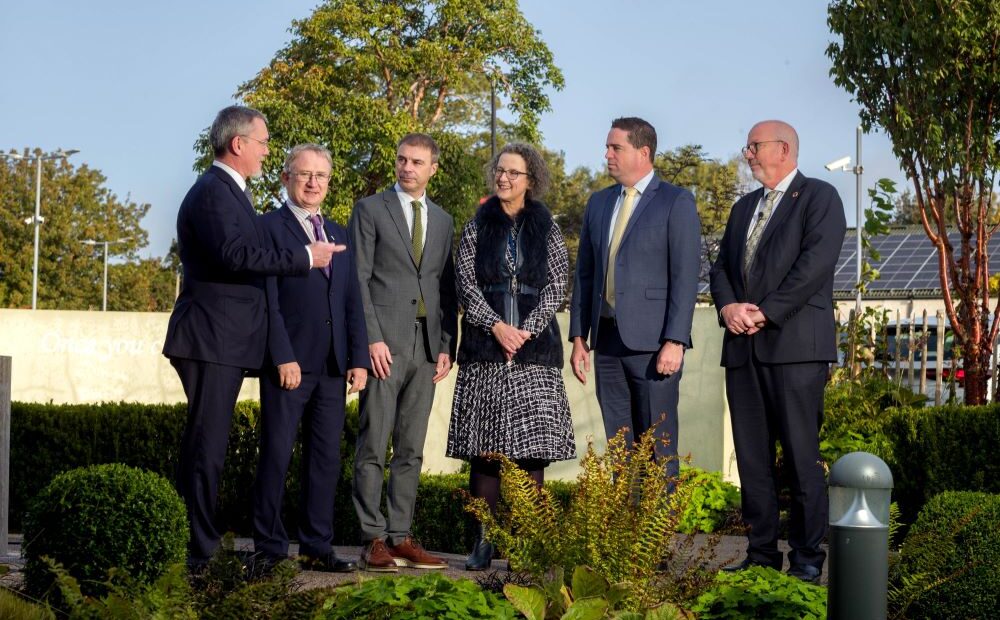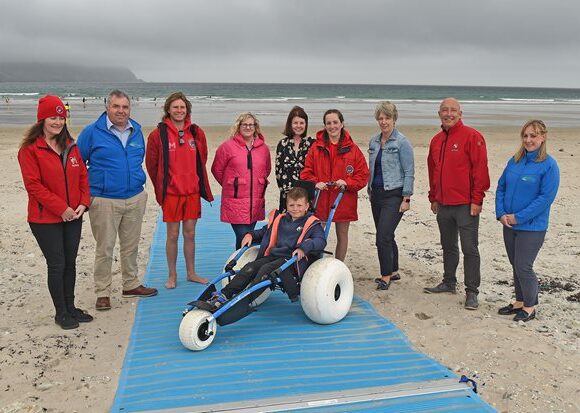Over 100 food companies, scientists, agencies and policy makers met for a half day conference in Dublin to discuss the role of science and technology and consumer and market insights as part of a sustainable food industry.
The event was organised by Bord Bia and Teagasc to examine key consumer trends, explore relevant scientific developments, evaluate their potential impact, and discuss responses and opportunities for the food sector in Ireland and beyond.
At the opening of the event, Minister of State at the Department of Agriculture, Food and the Marine with special responsibility for research and innovation, Martin Heydon TD said, “Food Vision 2030, Ireland’s agri-food strategy, foresees an Innovative, competitive and resilient agri-food sector, driven by technology and talent as an enabling mission in fulfilling its ambition for Ireland to be a world leader in sustainable food systems. Ireland has a very strong international reputation for scientific excellence and innovation when it comes to agriculture and food and the conference today, and its follow-up, can only enhance our position.”
Professor Frank O’Mara, Director of Teagasc, emphasised that, “food companies are currently facing a very dynamic environment, which includes evolving consumer and market developments, and advances in science and technology. Both can both be a challenge in themselves, but they also offer opportunities to enhance our food system.”
Key note speaker Professor Tim Benton, from Chatham House, UK highlighted the need for transformation of food systems, and while he presented visions on how it might be transformed he cautioned that transformation is constrained by systemic lock-ins, but that such lock-ins could be disrupted by changing events and attitudes.
Dr. Ewen Mullins, Teagasc outlined the significant research programmes being conducted in Ireland and Europe to facilitate the production of plant-based protein and to establish new business models to ensure their viability. Recognising the impact of land use and land use change on environmental credentials, Dr. Stuart Green Teagasc gave an overview of the current understanding of land use and green house gas emissions/ sequestration, exploring new maps and research for Ireland. Dr. Linda Giblin Teagasc drew attention to the fact that an environmentally sustainable food system may not necessarily deliver healthier foods. She reported that Teagasc has world-class expertise in tracking protein digestion and absorption in the intestine with a current focus on generating digestion data for alternative sustainable proteins. This data is essential to deliver healthy food offerings from environmentally sustainable food systems.
These presentations on science and technology were complemented by presentations of recent market research conducted by Bord Bia across the themes of “The Consumer and Carbon” and “Plants, Protein and the Planet” both of which seek to understand the food choices consumers are making around the world, how these are shaped by macro environmental, social and economic forces, and the implications and opportunities this presents to the Irish food, drink and horticulture industry.
Dr Siobhán Jordan, Head of Technology Transfer and Commercialisation Teagasc closed off the presentations, drawing attention to the role of partnerships to drive climate action, she outlined the development of AgNav, a digital platform developed by Teagasc, Bord Bia and ICBF that will encourage and support farmers in implementing practices that have been proven to improve sustainability of Irish farming systems.
Closing the conference, Jim O’Toole CEO of Bord Bia reflected on the shared goals of Bord Bia, Teagasc and their alignment to FoodVision 2030, saying, “if we can take one key message from today’s presentations, it is that they way forward lies in embracing, understanding and navigating the complexity of the challenges we face, and it is only by working together to find new solutions that we might push the boundaries of what it means for Ireland to continue to be a global leader in sustainable food production.”
Source: Teagasc













